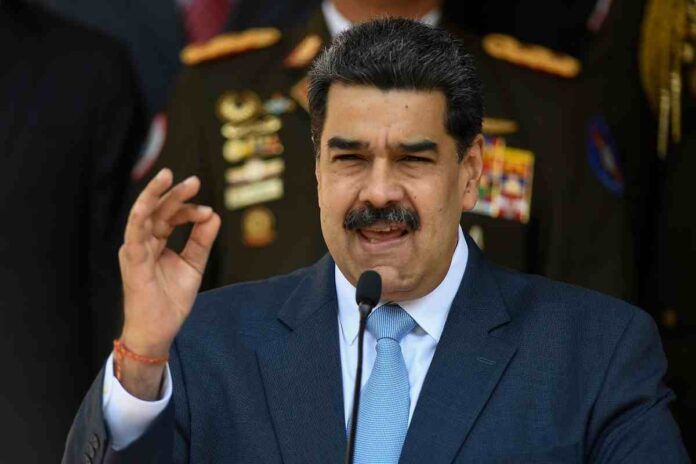“Venezuela’s total debt more than twice its GDP”
As Venezuela remains mired in the throes of a deep economic crisis, the International Institute of Finance (IIF) estimates that the country’s total debt-to GDP ratio, across all sectors), hit a record high of nearly 210% in the first quarter ,Q1, 2019 at around $200 billion—a significant rise from 50% in 2017.
The institute warns that the ratios should of course be interpreted with caution given limited official data on both outstanding debt and GDP.
That said, IMF estimates suggest that an eye-popping increase in general government indebtedness, which surpassed 185% of GDP in early 2019, has been the main culprit.
The Institute notes that the ongoing output contraction is also pushing non-financial corporate debt higher—to a record 23% of GDP—despite the decline in the value of the debt from an all-time high of some $28 billion in Q1 2017 to $21 billion in Q1 2019.
According to the institute, household and financial sector debt remains marginal, partly reflecting the adverse effects of hyperinflation, the dysfunctional real estate market, and underdeveloped financial intermediation channels.
It added that domestic bank loans account for only 2% of outstanding non-financial corporate debt, meaning Venezuelan borrowers rely heavily on external creditors.
“While official sources suggest that Venezuela’s external debt stands at over $150 billion – combination of $130+ billion of public external debt and some $20 billion of private external debt -our economists note that total external debt could be as high as $160 billion—accounting for some 80% of total debt across all sectors”, IIF stated.
With the Maduro government seemingly unable to make required payments on its heavy upcoming debt repayment and servicing schedule, the debate over debt restructuring has escalated in recent weeks, capped this week by the release of a broad framework for debt restructuring by the National Assembly President Juan Guaidó.
This framework sets out four broad principles for restructuring Venezuela’s unsecured public sector obligations in foreign currency owed to private creditors.
IIF stated that while the plan proposes equal treatment of one of the most diverse set of claims seen in recent history—including bonds, loans, accounts payable and a growing number of arbitration awards—it excludes any “unreconciled” claims. This will go through a separate reconciliation and verification process.
The proposal does not specifically address how significant liabilities owed to bilateral creditors (notably China and Russia) will be treated, though Guaidó advisors have said such bilateral debts are treated through the Paris Club in international practice, IIF reckoned.
Venezuela is not alone in racking up bilateral debt
Gross annual flows from China to Latin America have been in excess of $140 billion since 2007. More than 45% of that has been directed to Venezuela.
However, most of it appears to have been in exchange for promises of repayment in oil. All of these numbers are subject to a high degree of uncertainty: given limited data availability, there are widely varying estimates for Venezuela’s outstanding debt to China, from $18 billion to $25 billion.
Similarly, Venezuela is estimated to owe Russia between $2 billion and $4 billion. A group of bondholders has issued a formal response to the Guaidó proposal.
Read Also: COVID-19: Africa Needs Debt Relief, Restructuring –Adesina
IIF noted in the review that while taking a constructive tone, the bondholders call for transparency in verification of claims and provision of economic data, as well as fair burden-sharing between official and private creditors, in line with the Principles for Stable Capital Flows and Fair Debt Restructuring.
“Venezuela’s total debt more than twice its GDP”












